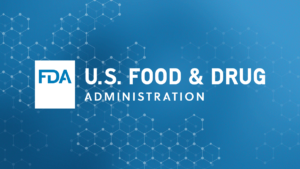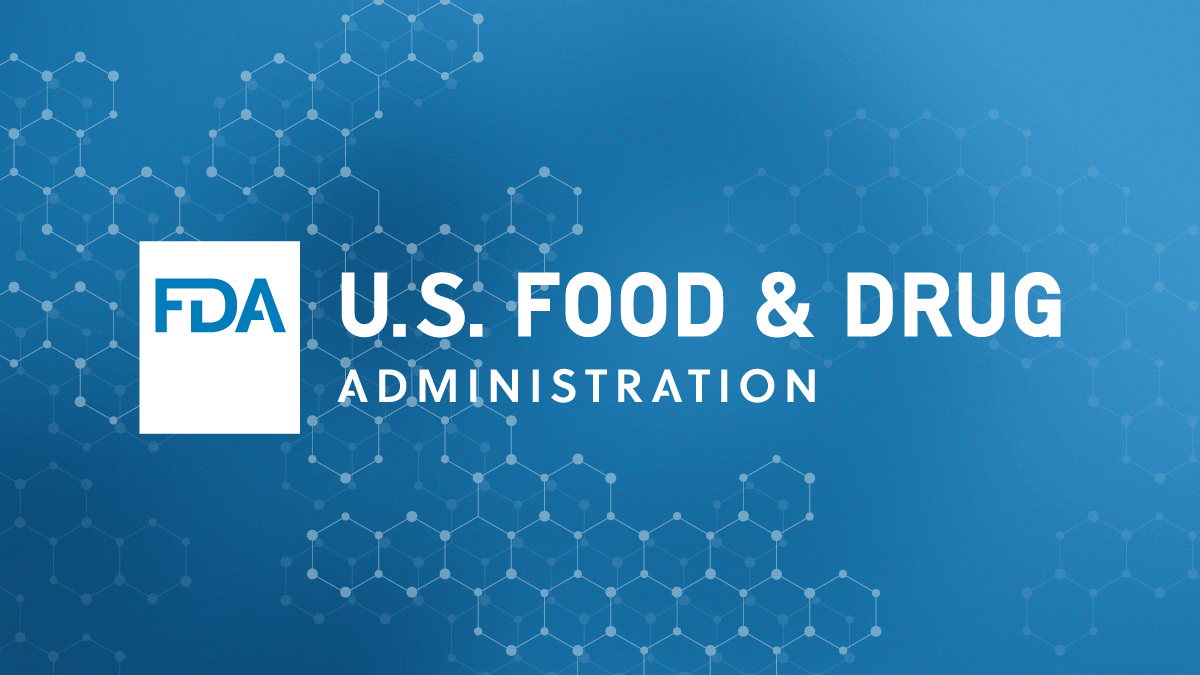 The U.S. Food and Drug Administration has learned that some ranitidine medicines, including some products commonly known as the brand-name drug Zantac, contain a nitrosamine impurity called N-nitrosodimethylamine (NDMA) at low levels. NDMA is classified as a probable human carcinogen (a substance that could cause cancer) based on results from laboratory tests. NDMA is a known environmental contaminant and found in water and foods, including meats, dairy products, and vegetables.
The U.S. Food and Drug Administration has learned that some ranitidine medicines, including some products commonly known as the brand-name drug Zantac, contain a nitrosamine impurity called N-nitrosodimethylamine (NDMA) at low levels. NDMA is classified as a probable human carcinogen (a substance that could cause cancer) based on results from laboratory tests. NDMA is a known environmental contaminant and found in water and foods, including meats, dairy products, and vegetables.
The FDA has been investigating NDMA and other nitrosamine impurities in blood pressure and heart failure medicines called Angiotensin II Receptor Blockers (ARBs) since last year. In the case of ARBs, the FDA has recommended numerous recalls as it discovered unacceptable levels of nitrosamines.
When the agency identifies a problem, it takes appropriate action quickly to protect patients. The FDA is evaluating whether the low levels of NDMA in ranitidine pose a risk to patients. FDA will post that information when it is available.
Patients should be able to trust that their medicines are as safe as they can be and that the benefits of taking them outweigh any risk to their health. Although NDMA may cause harm in large amounts, the levels the FDA is finding in ranitidine from preliminary tests barely exceed amounts you might expect to find in common foods.
Ranitidine is an over-the-counter (OTC) and prescription drug. Ranitidine is an H2 (histamine-2) blocker, which decreases the amount of acid created by the stomach. Over-the-counter ranitidine is approved to prevent and relieve heartburn associated with acid ingestion and sour stomach. Prescription ranitidine is approved for multiple indications, including treatment and prevention of ulcers of the stomach and intestines and treatment of gastroesophageal reflux disease.
The agency is working with international regulators and industry partners to determine the source of this impurity in ranitidine. The agency is examining levels of NDMA in ranitidine and evaluating any possible risk to patients. The FDA will take appropriate measures based on the results of the ongoing investigation. The agency will provide more information as it becomes available.
The FDA is not calling for individuals to stop taking ranitidine at this time; however, patients taking prescription ranitidine who wish to discontinue use should talk to their health care professional about other treatment options. People taking OTC ranitidine could consider using other OTC medicines approved for their condition. There are multiple drugs on the market that are approved for the same or similar uses as ranitidine.
Consumers and health care professionals should report any adverse reactions with ranitidine to the FDA’s MedWatch program to help the agency better understand the scope of the problem:
- Complete and submit the report online at www.fda.gov/medwatch/report.htm
- Download and complete the appropriate form, then submit it via fax at 1-800-FDA-0178
The FDA, an agency within the U.S. Department of Health and Human Services, protects the public health by assuring the safety, effectiveness, and security of human and veterinary drugs, vaccines and other biological products for human use, and medical devices. The agency also is responsible for the safety and security of our nation’s food supply, cosmetics, dietary supplements, products that give off electronic radiation, and for regulating tobacco products.


Wait, the CDC and FDA approved it how dare we question it now?
It must be safe.